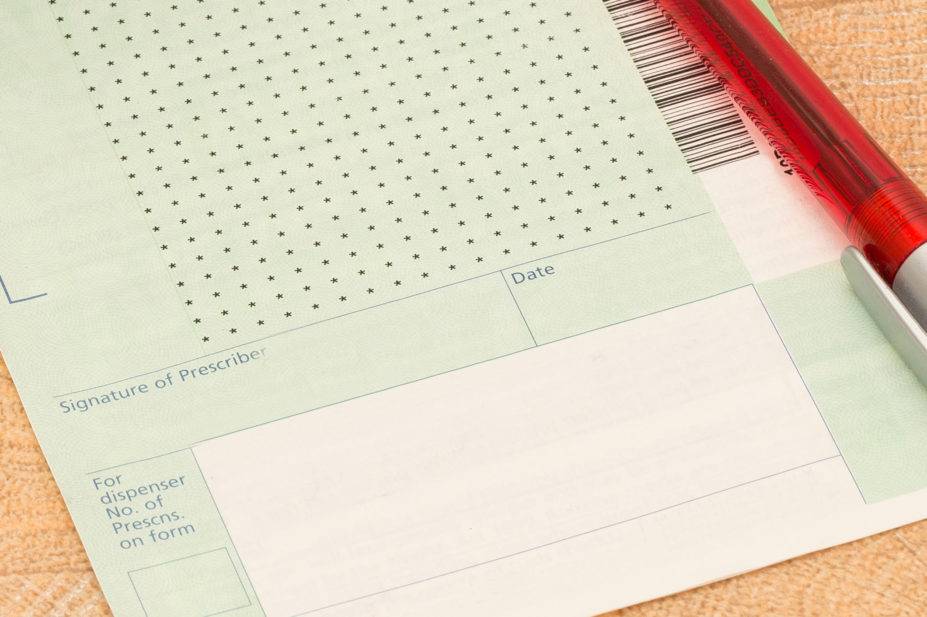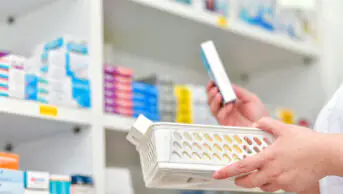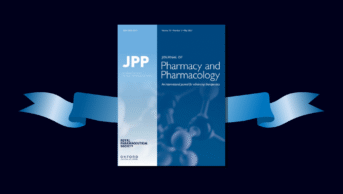
Stephen French / Alamy Stock Photo
A ‘feedback’ intervention in GP surgeries may have led to 15,000 fewer people being prescribed unnecessary opioids during a year-long pilot, according to a paper published in PLoS Medicine on 4 October 2021.
As part of the ‘Think Twice’ campaign — which urges GPs to ‘think twice’ before prescribing opioid medications — an intervention group of 316 GP surgeries in West Yorkshire received updates every two months on their surgery’s opioid prescribing figures, excluding patients with cancer or drug dependency. GPs in this group were also reminded to “initiate opioids with caution” and to consider whether patients should continue to receive opioids if there was no benefit.
Another 130 GP surgeries in the same area were in the control group, which received no feedback.
Prior to the study, opioid prescribing in the intervention group and control group had been rising by 0.18 per 1,000 patients each month and 0.36 per 1,000 patients per month, respectively. During the study, prescribing in the intervention group fell by 0.11 per 1,000 patients per month, whereas it continued to rise by 0.54 per 1,000 patients per month in the control group.
Overall, the authors said these figures equate to 15,000 fewer people starting opioids during the year across the study area, and a net saving of more than £700,000 to the NHS.
Lead author Sarah Alderson, clinical associate professor at the University of Leeds and a GP in Holmfirth, West Yorkshire, said that the intervention “was particularly effective at getting GPs to stop or reduce their prescribing for those groups at high risk, such as older patients or those who also had a mental health condition”.
“The study shows that GPs can be highly effective in identifying other ways of supporting patients who experience chronic pain,” she said.
Cathy Stannard, clinical lead for the Pain Transformation Programme at NHS Gloucestershire Clinical Commissioning Group (CCG), commented: “Anything that encourages thoughtful prescribing is to be welcomed.
“[While] something simple like this is very good to reduce the overall numbers, one of the things that concerns us equally is more complex patients who may be taking high doses [of opioid medication], and who may be much more reluctant to stop.”
Read more: Opioid prescribing for patients waiting for hip and knee surgery increased by 40% during pandemic


